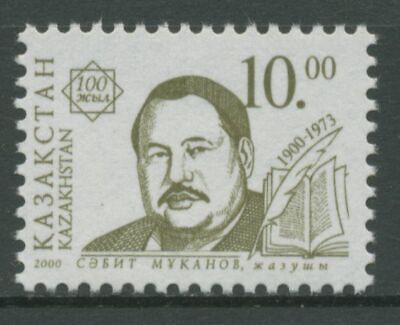
Introduction
Kazakhstan, the world’s largest landlocked country, is increasingly emerging as a significant player on the global stage. Situated in the heart of Central Asia, it serves as a crucial link between Europe and Asia, making it strategically important for international trade, energy transit, and geopolitical dynamics. As Kazakhstan continues to develop its economy and improve its international relationships, understanding its role and potential is vital for policymakers, businesses, and the global community.
Economic Developments
In recent years, Kazakhstan has pursued ambitious economic reforms aimed at diversifying its economy, which is heavily reliant on oil and gas exports. The country has implemented the “Kazakhstan 2050 Strategy,” aimed at shifting from a resource-dependent economy to an innovation-driven one.
The government reported a GDP growth rate of 3.3% in 2023, despite global economic headwinds. Key sectors contributing to growth include manufacturing, agriculture, and digital services. The nation is also attracting foreign investment, with notable interest from countries such as China, the USA, and various EU nations. In 2023, it secured approximately $22 billion in foreign direct investment, reflecting growing confidence in its market potential.
Geopolitical Importance
Kazakhstan’s geopolitical importance has been underscored by recent developments in its diplomatic relationships. The country shares borders with Russia and China, positioning it as a critical partner in regional stability and economic cooperation. In August 2023, Kazakhstan hosted the fifth meeting of the Conference on Interaction and Confidence-Building Measures in Asia (CICA), where leaders discussed regional security and economic collaboration.
Moreover, with its vast mineral resources, including uranium (Kazakhstan is the world’s largest producer), the country plays a significant role in global energy security. The government is also exploring alternative energy sources as part of its commitment to sustainability and climate goals.
Social Reforms
On the social front, President Kassym-Jomart Tokayev is championing reforms aimed at enhancing civil liberties and democratic processes. In September 2023, significant reforms in the electoral system were announced to promote a more transparent electoral environment ahead of the upcoming parliamentary elections. These changes reflect Kazakhstan’s desire to modernise its governance and promote a more engaged civil society.
Conclusion
As Kazakhstan continues to evolve economically and politically, its role as a regional powerhouse is becoming increasingly apparent. With strategic investments, ongoing reforms, and a commitment to international cooperation, Kazakhstan is establishing itself as a vital player in Central Asia and beyond. For businesses and policymakers, staying informed about developments in Kazakhstan is essential as it shapes the future landscape of international relations and economic opportunities.
You may also like

The Unique Biodiversity and Culture of Madagascar

Gurpurab: Celebrating the Birth of Sikh Gurus

Russian Activity in Pokrovsk, Ukraine: Current Developments
SEARCH
LAST NEWS
- Remembering Wendy Richard: The Promise to Co-Star Natalie Cassidy
- How Did Anglian Water Achieve an ‘Essentials’ Rating for Mental Health Accessibility?
- Shai Hope Leads West Indies in T20 World Cup Clash Against South Africa
- What We Know About Weston McKennie: Future at Juventus and Past at Leeds
- What We Know About the Upcoming Live Nation Antitrust Trial